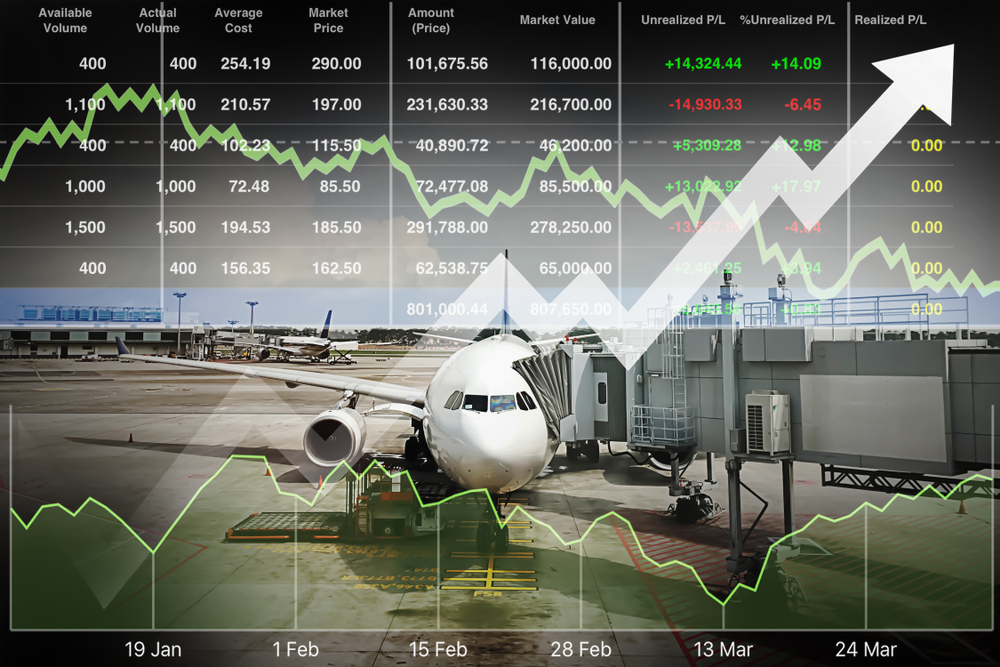
Investment is slacking at airports, leaving runways, terminals, gates and other improvements lagging behind, and the American Association of Airport Executives (AAAE) has its sights on a federal cap on local Passenger Facility Charges to change things around.
In the process, they have also pulled airlines into the crossfire, pointing to massive, record-setting takes from this year’s baggage fees as a sharp contrast to airports’ capabilities. While airlines increase bag fees, the AAAE notes that they have staunchly opposed any adjustments to federal caps on local PFCs. PFCs are user fees that must be justified locally, imposed locally and used locally, and only on FAA-approved projects that enhance local airport facilities. The same cap on such projects has remained since 2000.
“Airlines continue to collect billions of dollars in fees quarter after quarter, a fact they conveniently forget to mention as they argue against giving airports more local flexibility to enhance competition and improve facilities for travelers,” AAAE President and CEO Todd Hauptli said. “If a $5 increase in checked bag fees is good business, how can a more modest adjustment in the local PFC program be cast as detrimental for travelers? It’s time for Washington to look past the self-serving arguments from the airlines and give airports the local tools they need to better serve the traveling public.”
In the first three months of 2019, airlines took in $1.3 billion in baggage fees alone. Last year, the AAAE said, such charges earned them $4.9 billion, while all their ancillary charges put together earned them around $7.6 billion. That is on top of $662 million in reservation change and cancellation fees, and the $2.7 billion made on actual ticket fees.
By contrast, the nation’s collective airports made a fraction of this, earning $3.5 billion from the PFC in 2018. Airports also lose out when bag fees are factored in, as these are not taxed at the same 7.5 percent excise tax rate that all base airline tickets face. The AAAE claims airports have lost around $3 billion of revenue in this way since 2008.